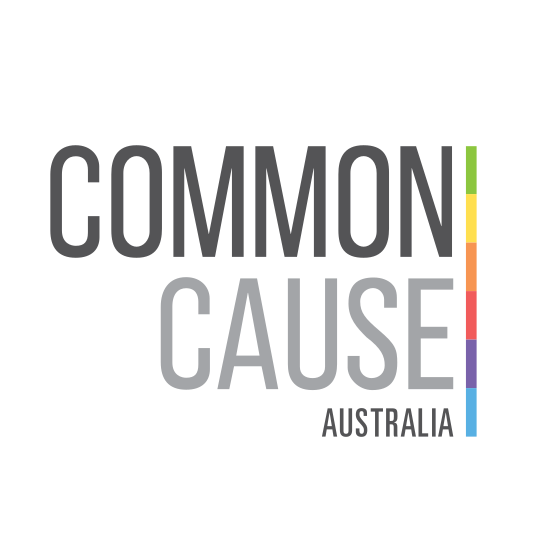PROGRESS 2019 HIGHLIGHTS - AND ACTIONS
Mark, Ang and I recently returned from two very packed days at the Progress 2019 conference.
Our stand-out highlight was the commitment to First Nations first with Indigenous voices front and centre. We heard from Uncle Bruce Pascoe about pre-1788 Indigenous towns and crops and cake, recorded by early white explorers but absent from our schools and history books. As Pascoe says, “When you begin with a lie about Australia’s history, then your responses will follow suit. That’s when you call in the army rather than school teachers or nurses”. We need to tell a different story - the truth - about our history and be responsible for making amends and stepping aside for First Nations to lead.
We’re busy learning more and thinking about implications for our work. The best resource we’ve found for this is Decolonising Solidarity. We can also recommend the brilliant film In my blood it runs.
At Progress we also heard from people with a disability, LGBTIQA+ people and people of colour, who are understandably tired of talking and asking and want action. They asked us to let people speak for themselves, employ them and pay for their expertise, and remember that “the people closest to the pain are closest to the solutions” (Adam Luna).
For our part, as first steps we will:
ask the groups we work with how they are involving a diverse range of people, particularly people affected by the issues they work on
offer free “pay the rent” tickets to our workshops for Aboriginal and Torres Strait Islander people - something we’ve done on an ad hoc basis up til now
make extra efforts to ensure our venues are accessible and our workshops inclusive and sensitive to people’s needs. As Carly Findlay said, “it takes more than just access ramps”. We will also ask attendees if they have any specific requirements, seek feedback and keep improving. This guide helps.
In other Progress highlights, we especially valued Kumi Naidoo’s urge to ask ourselves the hard questions, like “are you actually replacing systems of oppression and injustice, or merely reducing the pain caused by them?” and to have the “moral courage” to change these systems. Alex Kelly reminded us that “the twin strands of activist DNA are resistance and creation” - we need to both ‘‘reduce the pain’ and build our alternatives.
Millie Rooney, Australia reMADE National Coordinator, Mark and I built on these ideas in our session on Principles for Systems Change.
There were so many other gems: brilliant sessions on community organising by Voices for Indi, The Next Economy (Amanda Cahill), Lock the Gate (Naomi Hogan) and Groundswell Gloucester (Julie Lyford); ideas for reaching out to people who are not like us, with compassion, while staying true to ourselves; and engaging people to deal with the climate emergency. Look out for upcoming blog posts that pick up these threads.
How about you - if you went to Progress, what were your highlights? Or what do our reflections prompt for you?
Eleanor, Mark and Ang - Common Cause Australia

